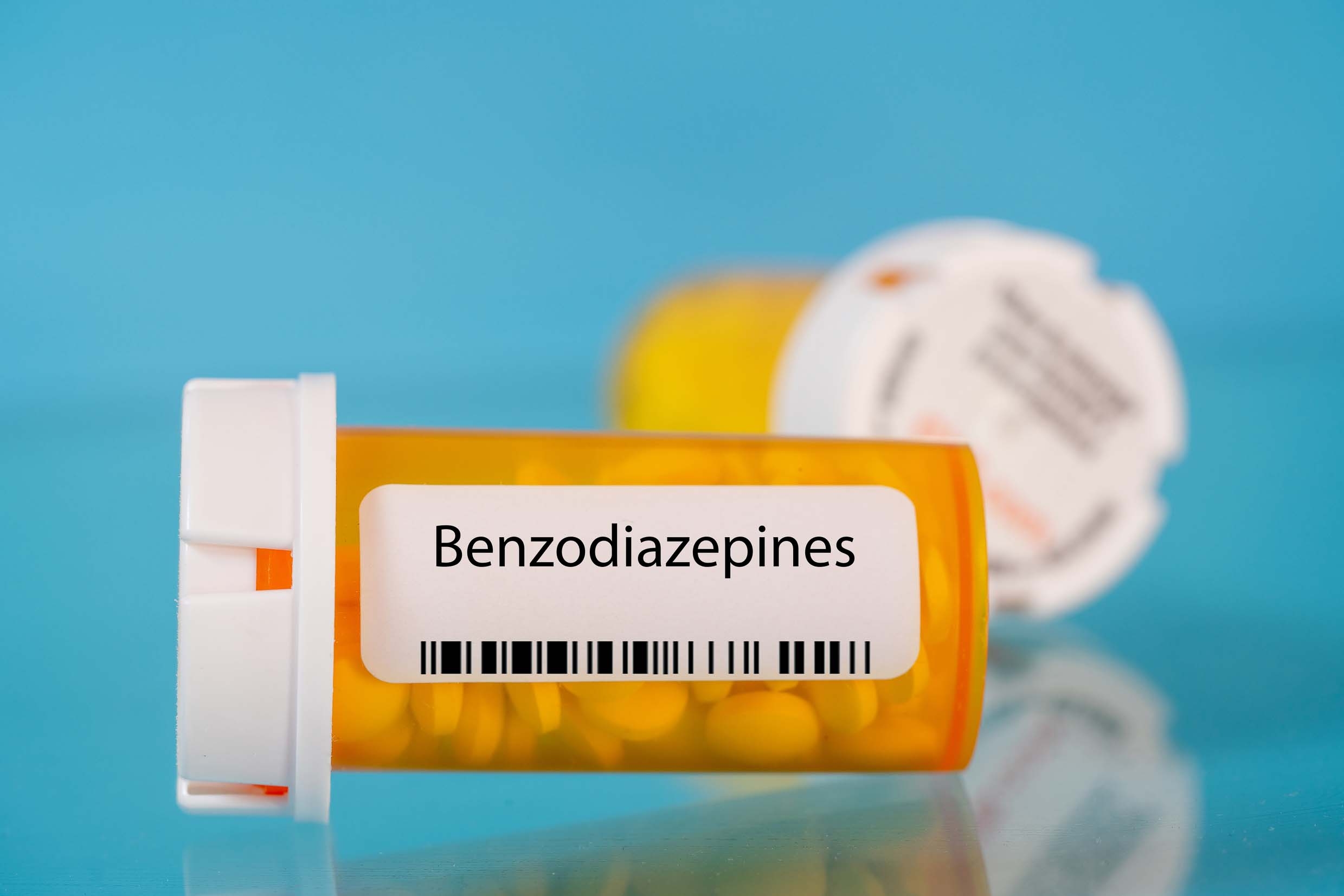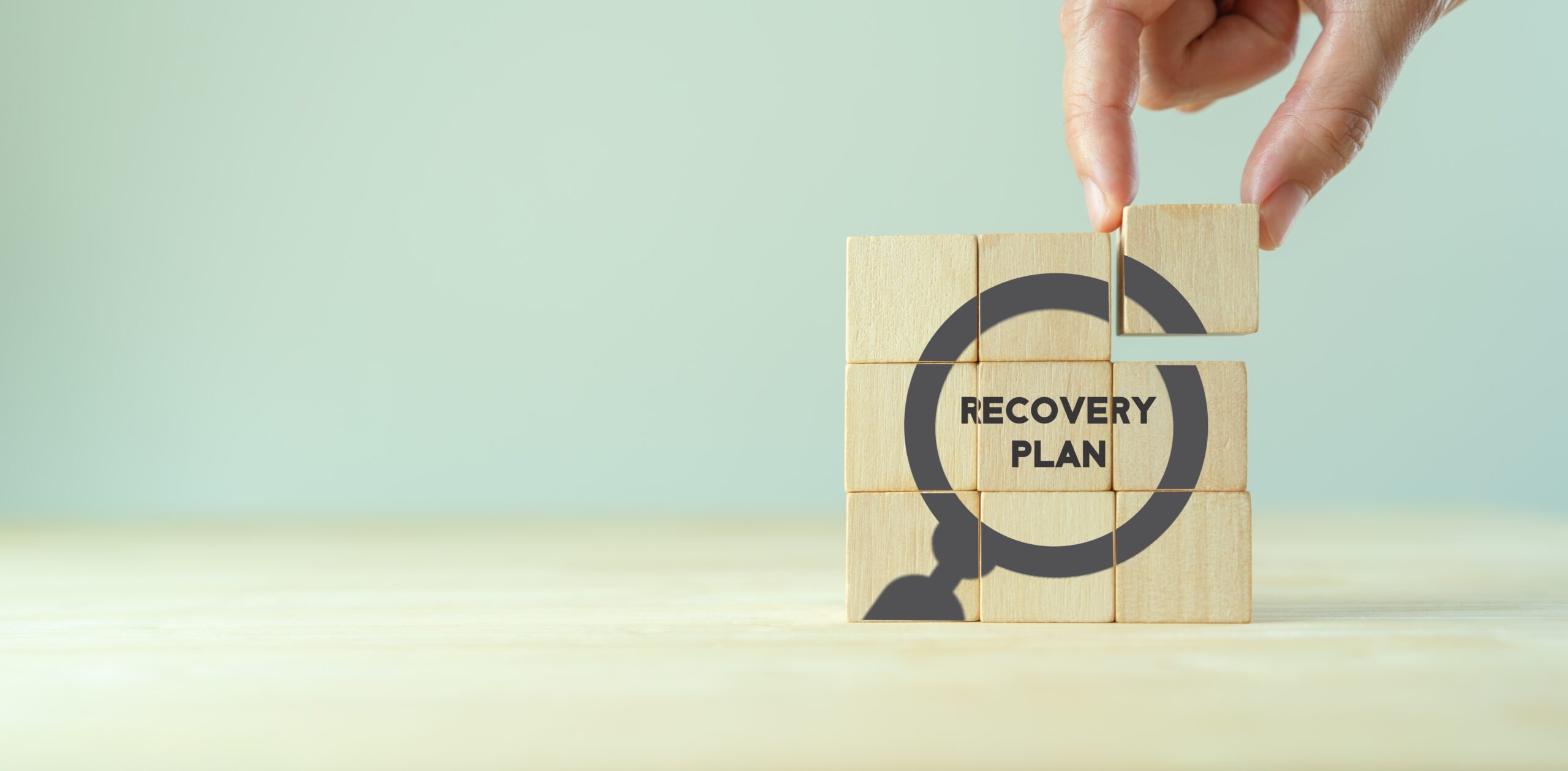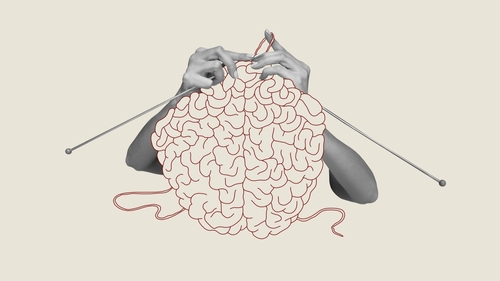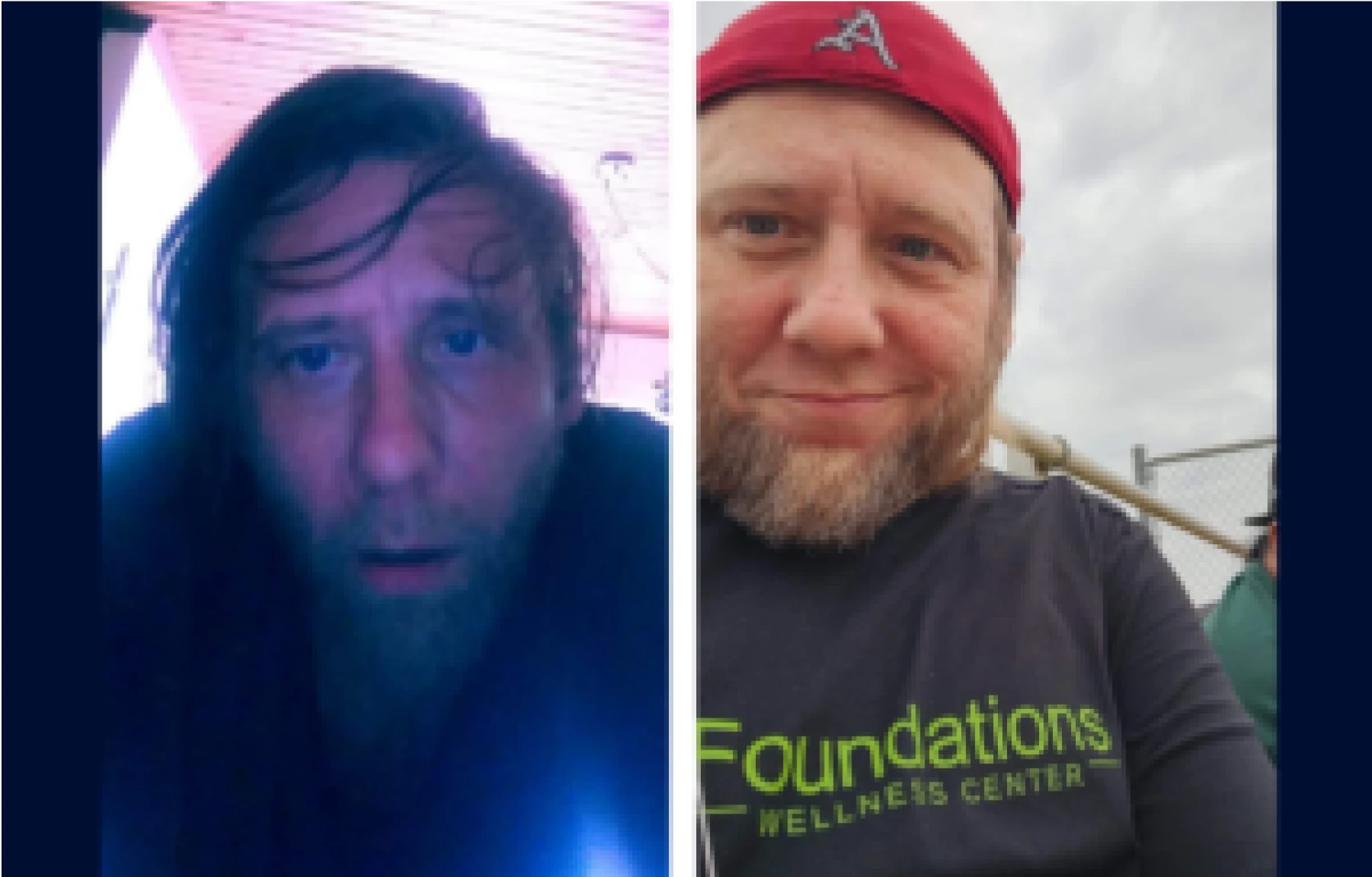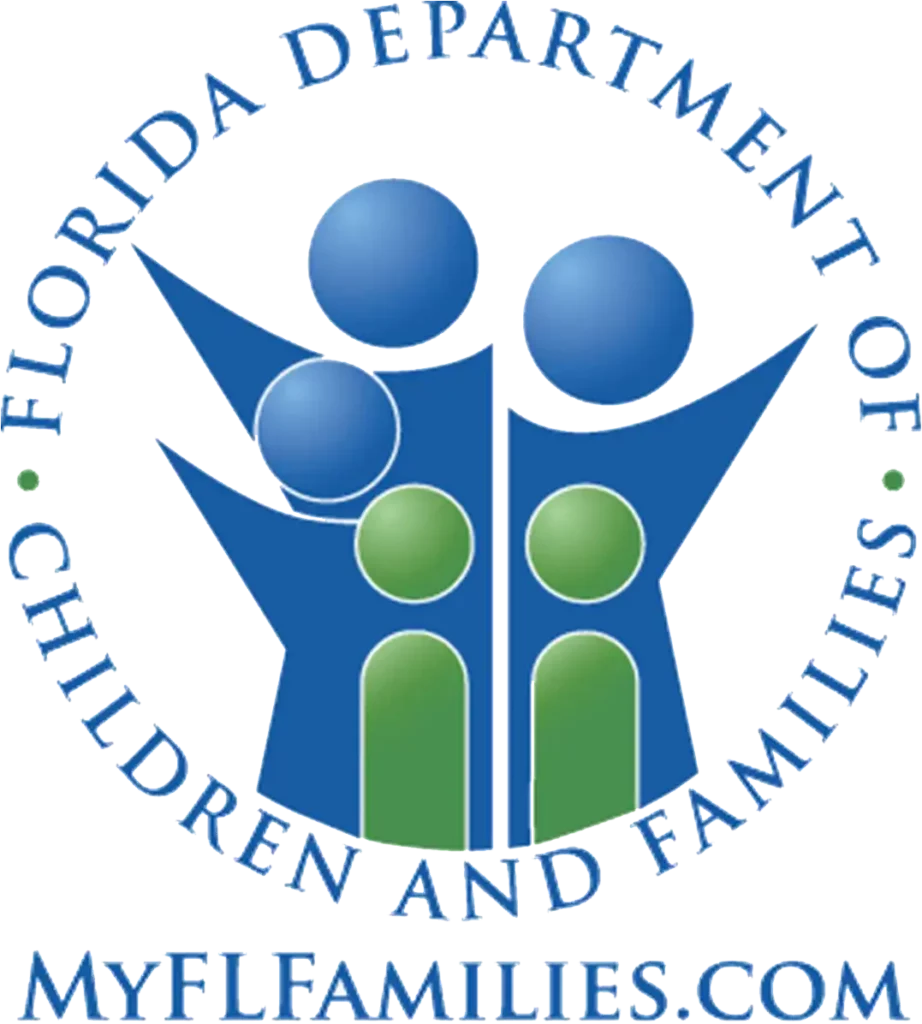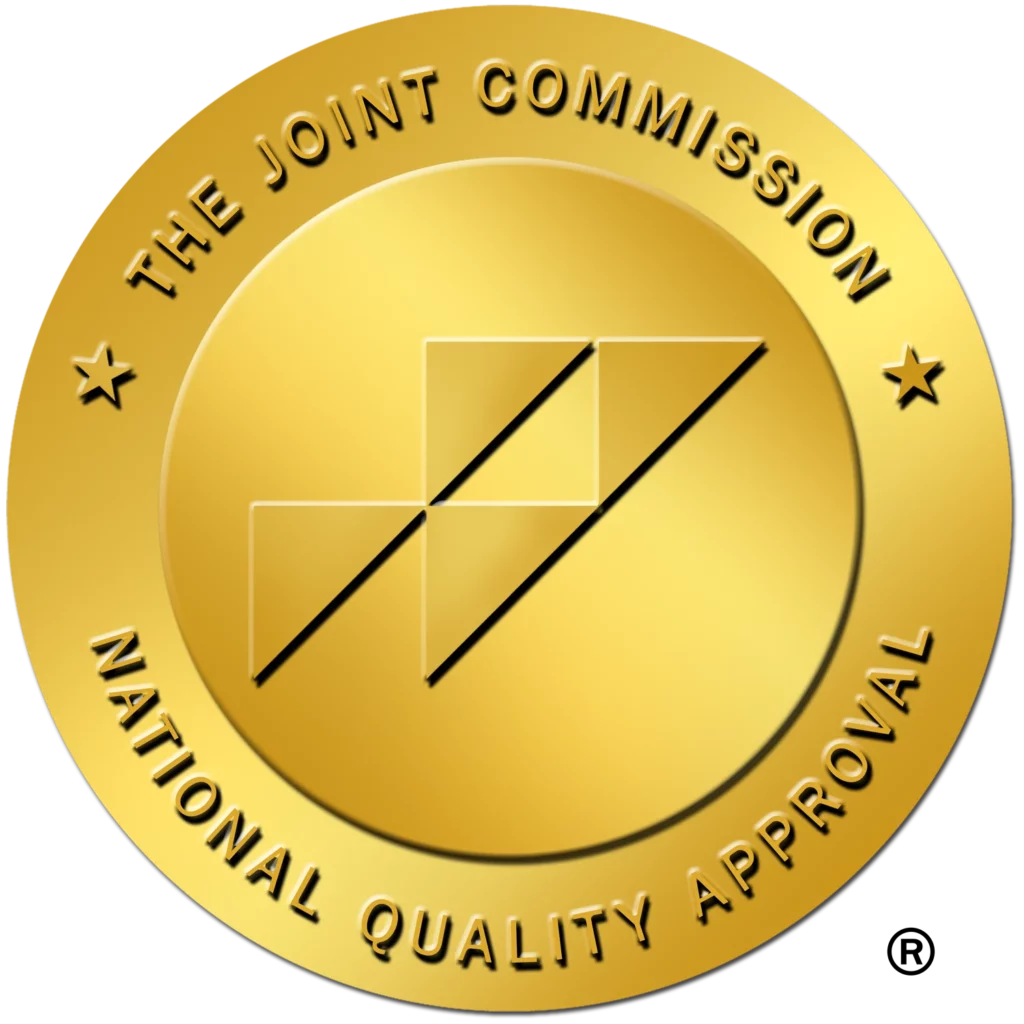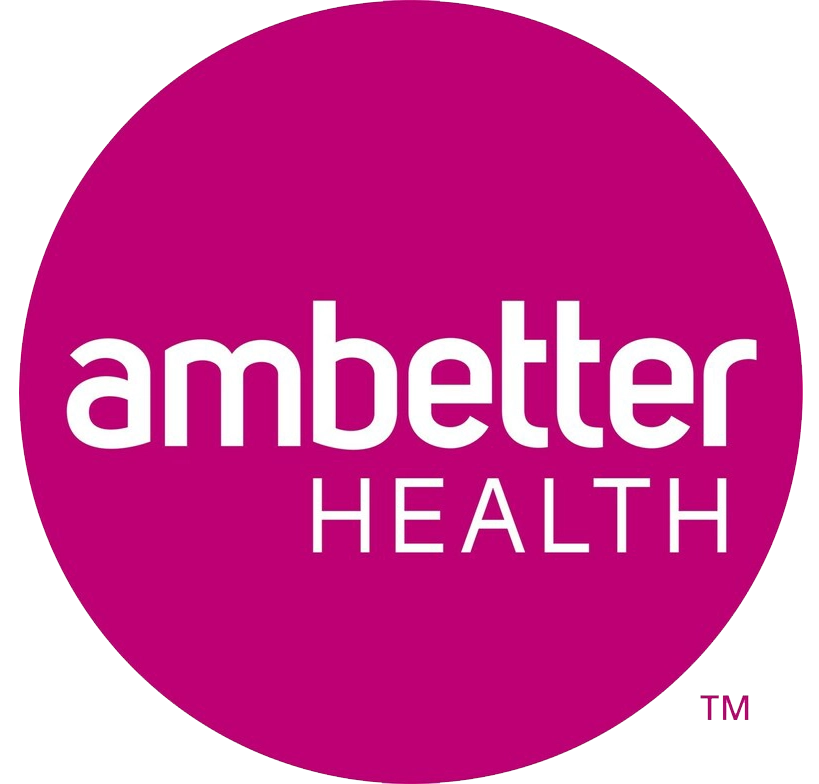Am I An Addict? How to Know
This entry was posted in Addiction Recovery, Alcohol Abuse, Alcohol Rehab, Drug Abuse, Drug Rehab, Mental Health, Prescription Drugs and tagged am i an addict, how do I know if I am an addict, I am not an addict, what is an addict on February 08, 2022 by Justin Baksh, MS, LMHC, MCAP, Chief Clinical Officer.
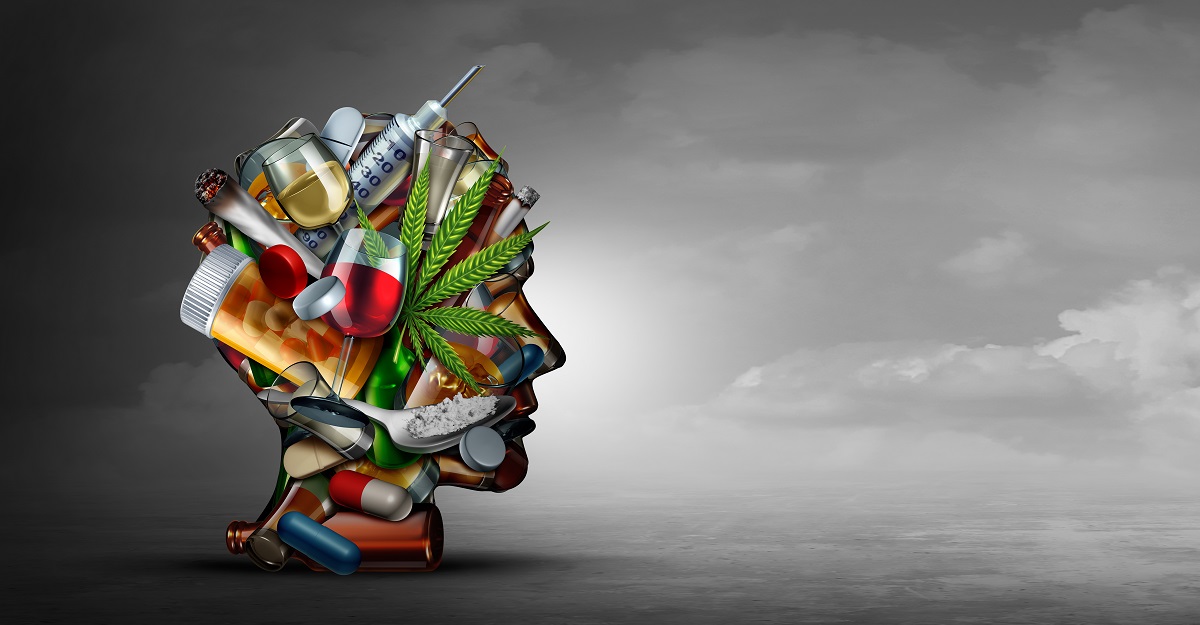
Am I an addict? That’s a simple but powerful question. It cannot be answered by a blog or a self-help video. It cannot even be answered by friends or family. Your coworkers, and boss cannot tell you if you are an addict, either. The only people who can make that determination are you and a qualified addiction professional who can officially diagnose you.
What Is an Addict?
Someone can be labeled by others as an addict when they are struggling with controlling their use of a substance. You can be addicted to almost anything and, while there are no clear-cut tests you can take to determine, on your own, whether or not you are an addict, the easiest way to tell is by your response to being unable to get your next hit or drink.
It is important to understand that addiction is a disease. That means that the person who is struggling with it cannot fight this on their own. They will need help and plenty of understanding. They will also need professional guidance to help them start on the path to a new life.
There are no instant cures for addiction. Like any other disease, it can be managed. It will, however, require participation on the part of the addict. It is something the addict will need to be aware of and watch as they move past addiction and into recovery. Fortunately, there is plenty of help available.
What Are the Signs of Addiction?
One rarely discussed aspect of addiction is how the signs can be so obvious yet are frequently missed early on. The trouble with identifying addiction is that the battle takes place in the mind. If you have a sore throat, you do not have to have a debate whether or not your throat is sore. You know it is sore and you need help. Unfortunately, it is not as simple to recognize you are an addict, and denial is the reason it’s so difficult to combat the disease.
Addicts tend to believe that they are in control of their using or drinking. They also tend to ignore signs of excess usage, including headaches, irritability, and other withdrawal symptoms that occur when they have been unable to use or drink. They rationalize lying to friends and family about usage, the fact that they are hiding it, and other not-so-great consequences of addiction. In fact, sometimes the people around them are able to identify it faster than the addict themselves.
Signs of Addiction
- Angry outbursts
- Anxiety, paranoia and fearfulness without cause
- Change in appetite
- Change in personality/attitude
- Decreased performance at work, home or school (neglecting responsibilities, becoming careless)
- Decreased motivation
- Energy levels that are unusually high
- Eye appearance changes – bloodshot or pupils larger/smaller
- Financial issues – always needing money
- Grooming habits slide (not showering, shaving, or brushing teeth, et al.)
- Inability to stop using or drinking or to control use
- Irritability
- Lack of coordination
- Lack of interest or participation in formerly enjoyable activities
- Legal issues
- Mood instability
- New friends, new hobbies, or frequenting new places
- Relationship difficulties
- Runny nose
- Secretive behavior
- Sniffing
- Slurred speech
- Sudden change in weight
- Tremors
- Trouble sleeping
- Unfamiliar odor (on clothing, breath or body)
Increasing tolerance, using or drinking to avoid withdrawal systems, and continuing to use or drink despite serious negative consequences are hallmarks of addiction.
How Do I Know If I’m An Addict?
Is it fair to say that if you are hiding the drinks you had last night from your spouse that you are an addict? Maybe not, but if those drinks led you to drive poorly or forget to do something important, then lying about it only shows that you are trying to ensure that you get to do it again. If you are not telling the truth about your usage of a substance, especially to yourself, you are showing signs that the addiction is taking over and you need help.
Unfortunately, by the time the signs become obvious to someone who can help, the disease may become even tougher to battle. Again, we all have things that can easily take control of our lives like alcohol and drugs. Most of us are able to handle substances without the fear of getting addicted. However, for those who can’t, the signs are not as obvious… not because they are not there, but because they may not show us a serious indication that help is needed.
The clinical term for addiction is substance use disorder. According to SAMHSA:
“Substance use disorders occur when the recurrent use of alcohol and/or drugs causes clinically significant impairment, including health problems, disability, and failure to meet major responsibilities at work, school or home.”
I Am Not an Addict: The Danger of Denial
Why is it so important for you to know whether you are an addict or not? Because no one can help you until you are able to admit it.
As long as denial is firmly stuck in your head, you are not going to be able to move forward. You won’t realize the struggles you have in front of you, how it is impacting those in your life. and what you need to do in order to get better.
Bottom line, you are struggling with substances because your core reasoning for using them is still intact.
There are plenty of reasons why individuals become addicts. It’s important to understand them so that, number one, we can combat stigma, and, two, you might be more inclined to accept help.
Why Am I An Addict?
Two people can use the same substance or take the same drink. One can become an addict and the other, not. This is why the question of why you are an addict is a difficult question to answer.
The thing is, it’s not about the substance or the alcohol. If it were, nine out of 10 of us would be addicts.
It’s about something deeper – something in your past or even a current condition – driving you to self-medicate. Here are the most common reasons someone becomes an addict:
Adverse Childhood Experiences
Adverse childhood experiences (ACES) are extremely common among addicts. In fact, the higher the number of ACEs, the greater the likelihood of addiction. ACEs include:
- Absence of both biological parents
- Household member addicted to drugs or alcohol
- Household member imprisoned or addicted to alcohol or drugs
- Household member with a mental condition (and/or institutionalization for a mental condition)
- Emotional abuse (severe and recurrent)
- Physical abuse (severe and recurrent)
- Sexual abuse
- Violently treated mother
Studies have even found that the type of ACE experienced can be associated with the misuse of specific substances. Emotional abuse, for example, is linked to the use of sedatives.
Genetics
Addiction can be a family matter as well. Up to 50% of the probability of developing addiction comes from your genes.
Co-Occurring Conditions
Addiction and mental illness tend to co-occur. About half of those who struggle with addiction also have a mental health condition. Some studies, though, have found an even greater correlation, as up to 80% of clients in an addiction treatment center had a co-occurring mental condition
I Am an Addict: What’s Next?
If you are strong enough to admit to yourself that you need treatment for addiction, congratulations! You’ve come further than many.
Now, the next step is to get the help you need. Understand that this will require commitment on your part. No one else can do that for you, you have to want to move forward. Make no mistake, taking care of your recovery will be a battle you fight every day. You are always going to need to prioritize your sobriety.
The good news is that you are not in this fight alone. You have people who will walk beside you and the resources to win each and every day. Getting qualified addiction treatment will help you know what to expect, what areas of your life need attention, and the triggers that will cause you to think about taking a break or giving yourself an easier time.
Surrender the idea that you are in control and learn what real freedom is. This is where true help will be… and it can benefit you for the rest of your life.
RELATED: Do I have an addictive personality? Take the quiz
What is an addictive personality?
Do you ever really get over an addiction?

